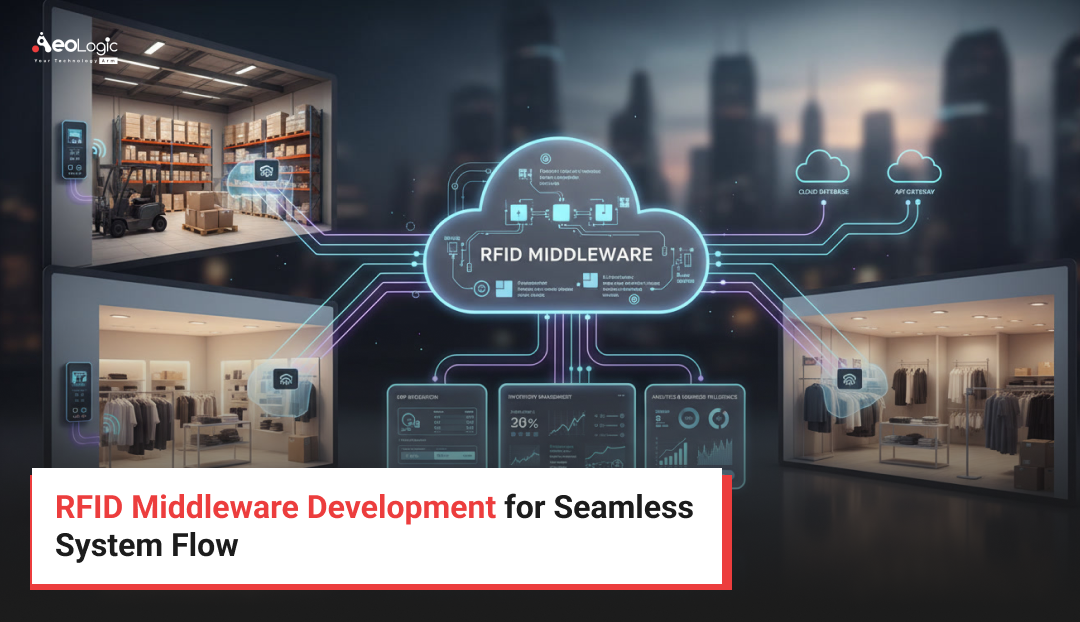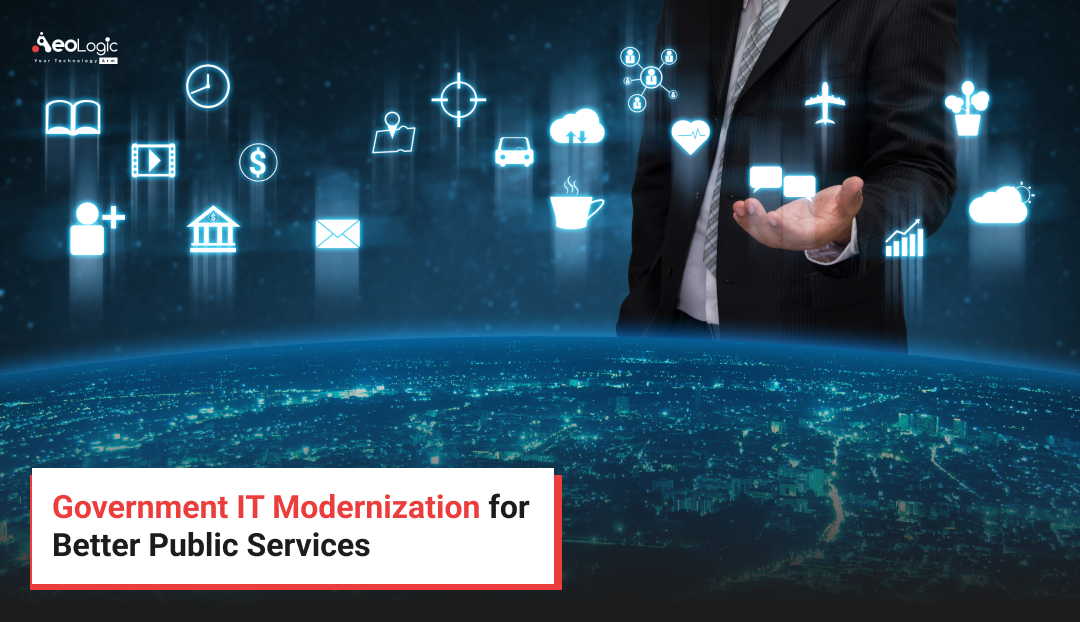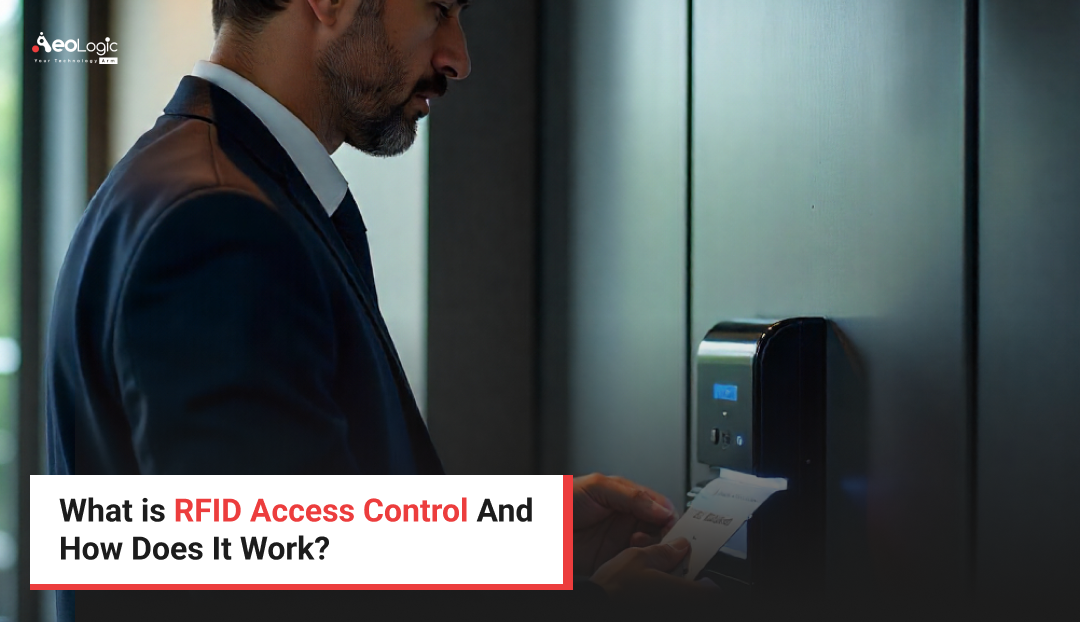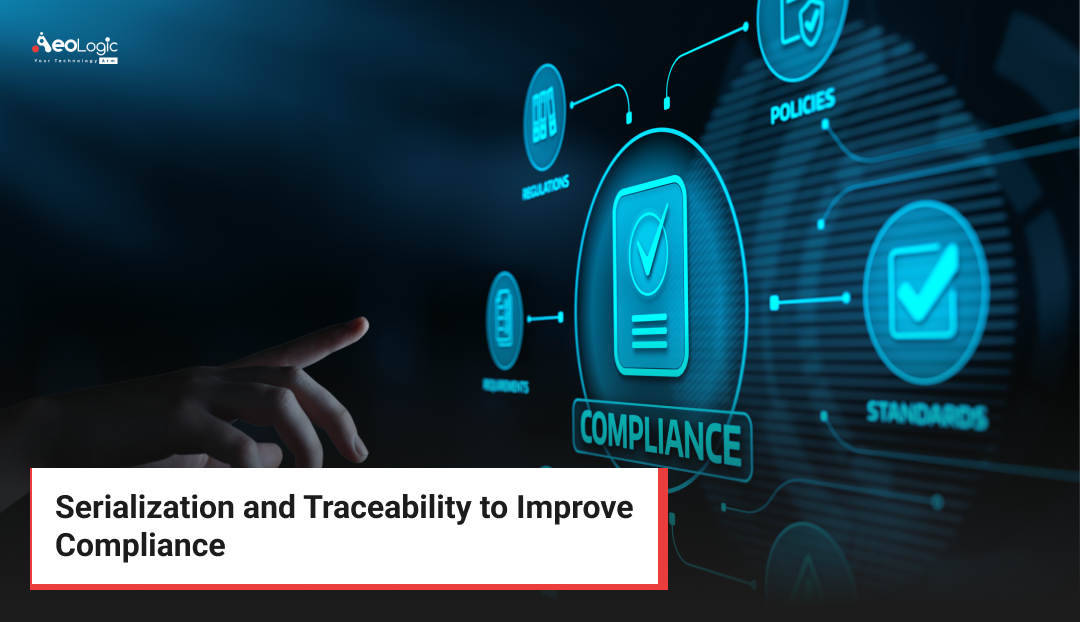Digital transformation within the healthcare and life sciences sector has fundamentally altered how care providers and medical professionals handle and analyze electronic health records (EHRs) and electronic medical records (EMRs). This shift has introduced new challenges and opportunities, particularly concerning data security. The sensitive nature of healthcare data—encompassing not only detailed medical records but also personal information such as addresses, phone numbers, emails, insurance details, and banking information—makes it a prime target for cybercriminals. With stringent regulations requiring long-term retention of medical records, ranging from three to eight years for adults and 15 to 30 years for minors, ensuring data security solutions for healthcare and compliance has become increasingly crucial.
Also read: The Role of Telehealth in the Future of Healthcare
Understanding Data Security Solutions For Healthcare
Data security solutions for healthcare is essential for protecting patient data across various online platforms, applications, and infrastructures. This includes maintaining the confidentiality and integrity of patient records, clinical applications, and critical medical research data. Effective cloud security necessitates a collaborative approach involving cloud service providers, healthcare institutions, medical staff, and patients.
Data security solutions for healthcare has become a pressing concern due to the potential consequences of data breaches and losses. Patient data, which includes sensitive health information and personal records, requires stringent protection. Any unauthorized access or leakage, even of seemingly minor details, can infringe on patient privacy, potentially leading to significant financial losses and reputational damage for healthcare organizations. Furthermore, the integrity of cloud security directly impacts the trust between healthcare providers and patients, influencing institutional reputation and market positioning. Given the complex regulatory landscape governing healthcare data privacy, even minor security lapses can result in severe fines and financial repercussions.
Best Practices for Data Security Solutions for Healthcare
To address the challenges associated with cloud services and enhance data security, healthcare providers should adopt a comprehensive set of best practices. These practices focus on regulatory compliance, data protection, access management, auditing, and staff training.
Understanding Regulatory Requirements
Healthcare organizations must prioritize compliance with industry regulations such as HIPAA (Health Insurance Portability and Accountability Act), HITRUST (Health Information Trust Alliance), and ISO 27001 (International Organization for Standardization). Ensuring that cloud services align with these regulatory frameworks is crucial. This involves verifying that the migration of workloads to the cloud does not compromise compliance or existing readiness scores.
In practice, this means adhering to strict guidelines for auditing and log collection to protect sensitive health information (PHI). While cloud providers may offer some support for regulatory compliance, it is essential to clearly communicate responsibilities and ensure that all parties involved understand their roles to prevent potential compliance issues.
Implementing Data Encryption, Monitoring, and Backup Plans
Data encryption is a fundamental aspect of cloud security. Healthcare organizations should implement robust encryption methods to protect data both in transit and at rest. This includes public-key encryption, identity-based encryption, and attribute-based encryption. Additionally, employing continuous monitoring and threat detection tools is vital for identifying and addressing potential security incidents promptly.
For instance, the Mayo Clinic utilizes email encryption to secure electronic communications involving patients and healthcare professionals. This ensures that only authorized recipients can access the content, maintaining compliance with regulations like HIPAA and safeguarding patient information.
A comprehensive backup and recovery strategy is also essential. Healthcare organizations should regularly back up data both on-site and off-site. Testing recovery procedures ensures that data can be quickly restored in the event of a loss or breach, minimizing operational disruptions and data loss.
Developing a Strong Identity and Access Management (IAM) Strategy
Effective identity and access management (IAM) is crucial for protecting sensitive data. Each individual accessing the network represents a potential vulnerability. Therefore, access to sensitive information should be based on roles and needs. Implementing robust IAM strategies, including multi-factor authentication (MFA), role-based access control (RBAC), and the principle of least privilege, helps manage access securely.
Regularly reviewing and updating access permissions is necessary to ensure that only authorized personnel have access to sensitive data. This practice also involves promptly terminating access for former employees to prevent unauthorized access.
Leveraging Auditing
Auditing is a critical component of cloud security in healthcare. The transition to cloud services can expand the scope of audit findings, making it important to update auditing processes and procedures accordingly. Exploring healthcare-specific auditing frameworks, such as the GCloud Healthcare API, can offer superior performance compared to standard logging methods.
Given that data may be sourced from multiple cloud services, comprehensive monitoring of all relevant services is essential. This ensures that auditing processes provide substantial evidence of performance and maintain adequate capacity for effective closure of the audit loop.
Providing Regular Staff Training
As new technologies and cloud services are adopted, staff training becomes increasingly important. While major cloud providers offer extensive learning resources, they may not always address specific use cases relevant to healthcare. Therefore, organizations should provide tailored, up-to-date training on relevant security issues.
Interactive, group-based cybersecurity sessions can enhance knowledge sharing and address real-world security challenges. Regular training helps ensure that staff are equipped to handle emerging threats and maintain compliance with security best practices.
Artificial Intelligence
The rise of automation and artificial intelligence (AI) in healthcare presents significant advantages, including the ability to handle repetitive security tasks and reduce the workload on IT teams. By leveraging these technologies, IT professionals can focus on more strategic initiatives that drive value and enhance overall data security.
Also read: Information Technology Solutions for Healthcare
Conclusion
As healthcare organizations continue to embrace digital transformation and data security solutions, maintaining robust data security practices is essential. By adhering to regulatory requirements, implementing comprehensive encryption and monitoring strategies, managing access effectively, leveraging auditing tools, and providing ongoing staff training, healthcare providers can safeguard sensitive data and ensure compliance in an increasingly complex digital landscape.







